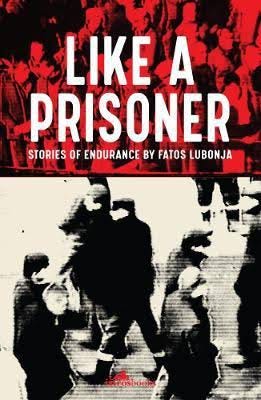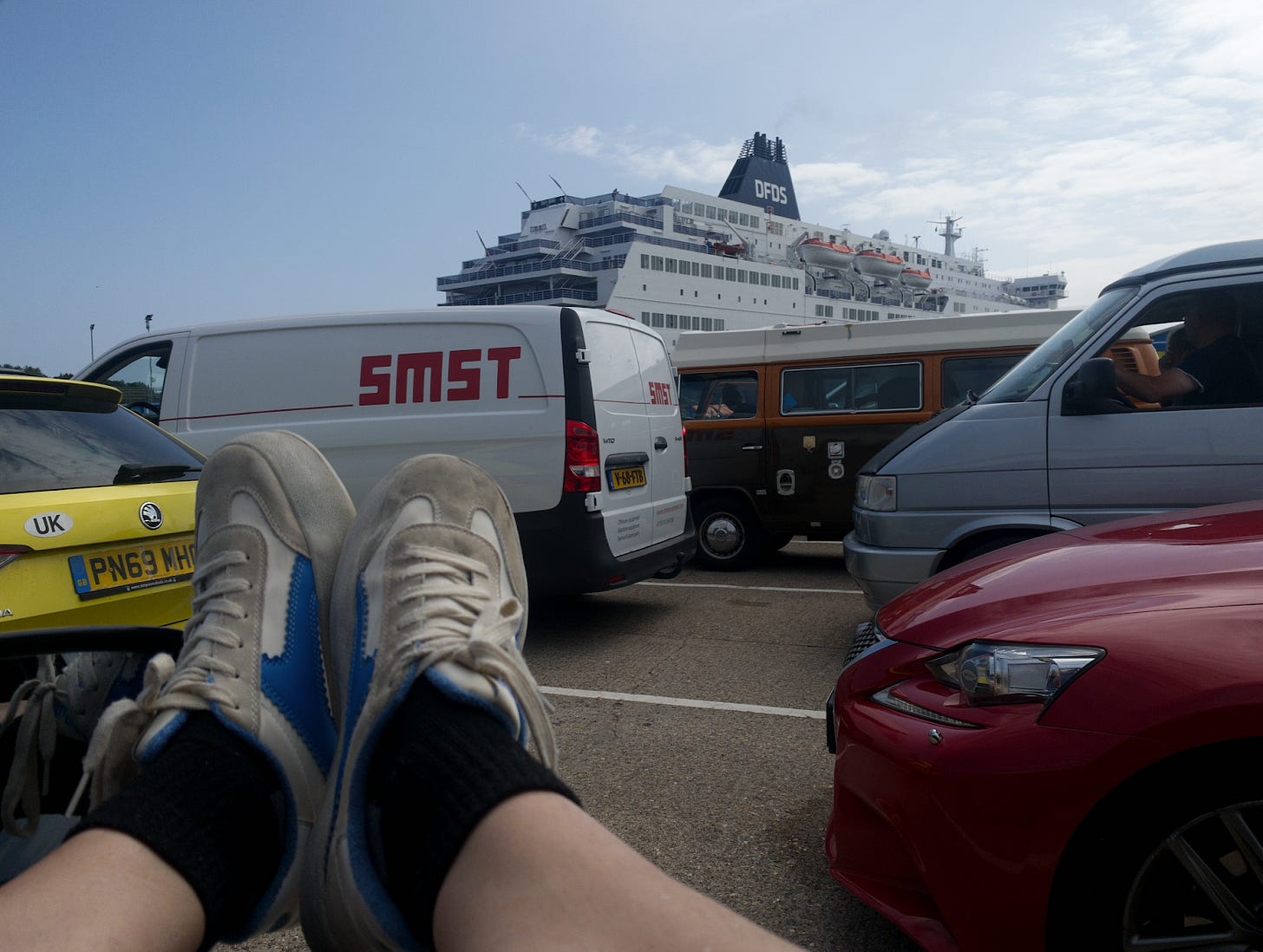Balkan Unscripted #12 - Lazy summer, Sherlock Holmes and a plot to assessinate Tito
Dispatch from our holiday cottage
Ćao,
Summer is here — and yes, we’re also taking a moment to enjoy some well-deserved time off. Marjolein is currently wrapping up all her podcast episodes during a working holiday in Bosnia, and soon, after a slow beach holiday, Ingrid is gearing up for new adventures.
So for now, we’re pressing pause on the news and simply sharing a few good reads, and documentaries or other things we think you’ll enjoy:
De man die Tito ging vermoorden by Erik Schaap, Evert de Vos, and Zoran Bogdanović (Book). Sorry, this one’s for our Dutch readers. Last week, our colleagues released this new book — a fascinating account of the Dutchman André Engwirda, who first fought against Franco’s fascism and later collaborated with the German Nazis in a plot to assassinate Tito. With thanks to Tarik Haverić of the Tarih bookstore in Sarajevo, who made an important filmscript available to the team! Hvala Tarik.
Like a Prisoner by Fatos Lubonja (Book). These are the powerful chronicles of Albanian writer and dissident Fatos Lubonja, who spent 17 years in the notorious Spaç prison camp during Enver Hoxha’s dictatorship. Recently translated into Dutch, the book offers a rare and deeply personal insight into life under communist rule in Albania. See the Dutch translation here.
My Cat Yugoslavia, by Pajtim Statovci (book). The novel weaves together two storylines: that of Bekim, who fled to Finland as a child with his Albanian-Kosovar parents and struggles with his identity. He was raised Muslim, is gay, and has a violent father. His only companions are a boa constrictor and a talking cat, with whom he develops a toxic love affair. Intertwined with his story is that of his mother, who is married off in the 1980s in a traditional ceremony in a small village. Through the lens of a single family, the book explores both the Kosovo War and the complexities of themes like migration and identity. The novel was first published in 2014, when Statovci was only 24 years old. The Dutch translation came out last year, and this year the German edition won the International Literature Award. The renewed attention shows how relevant—and perhaps even more urgent—its themes still are today. It’s a type of book that even one year after I read it, it is still in my mind.
De elf stemmen van Srebrenica by Marjolein Koster and Alma Mustafić (Podcast). For the Dutchies again. Thirty years ago, Srebrenica was overrun by the Bosnian Serb army. Over 8,000 people were killed and thousands more deported. Many survivors found refuge in the Netherlands. In recent years, much attention has focused on the role of Dutch UN peacekeepers during the fall of Srebrenica. But who are the Bosnian Dutch people who carry this history with them? In De Elf Stemmen van Srebrenica, journalist and Balkans expert Marjolein Koster and genocide scholar and survivor Alma Mustafić seek out their stories. How do you continue living with a past shaped by war, in a society that doesn’t understand your history? And what might we learn if we truly listen? Listen here!
Collective by Alexander Nanau (Documentary). A few years old, but still absolutely worth watching. Director Alexander Nanau follows a crack team of investigative journalists at the Romanian newspaper Gazeta Sporturilor as they try to uncover a vast healthcare fraud. Collective is a gripping and devastating investigation into corruption in Romania’s healthcare system, sparked by a deadly nightclub fire in Bucharest a few years back.
The Corridors of Power (Documentary series). Key figures from American politics—such as Henry Kissinger, Hillary Clinton, and Madeleine Albright—are interviewed about the wars of the past few decades. The central question: why do American leaders keep failing to stop genocide? Episode two focuses on Bosnia, episode four on Kosovo. No groundbreaking revelations are made, but hearing these individuals reflect on the 1990s makes one thing painfully clear: history keeps repeating itself. Not exactly hopeful when thinking about today’s conflicts, but it does offer valuable insight into how the politics of global powers tends to operate.
Or dive into some of our long-read pieces from the archives:
Ever wondered why Serbia has so many private detectives? Read Ingrid’s piece for New Lines Magazine: “Serbia’s Curious Polygraph Craze.” As the country battles organized crime, politicians are turning to polygraph tests — not for justice, but for spin. In a state where media is tightly controlled, lie detectors have become a PR tool to sway public opinion and dodge accountability.
Do you also love baby lions? So do Albanian gangsters. As gangsters and influencers in the Balkans flaunt lion cubs on social media, vets and activists fear this illicit trade is expanding. Read Ingrid’s piece – from last summer - on this in New Lines Magazine, or if you prefer to read in Dutch, this version for NRC.
See you soon!
Ingrid and Marjolein
Meme of the week
Happening in the Balkan, right now!
Hi, from us
We’re Ingrid & Marjolein, two freelance journalists covering the Balkans. One Saturday night — after a few glasses of rakija, yes — this newsletter was born. In each edition, we share stories that catch our eye, the ones that are worth reading, along with our observations from reporting in the region. So grab a coffee (or a rakija) and join us.






